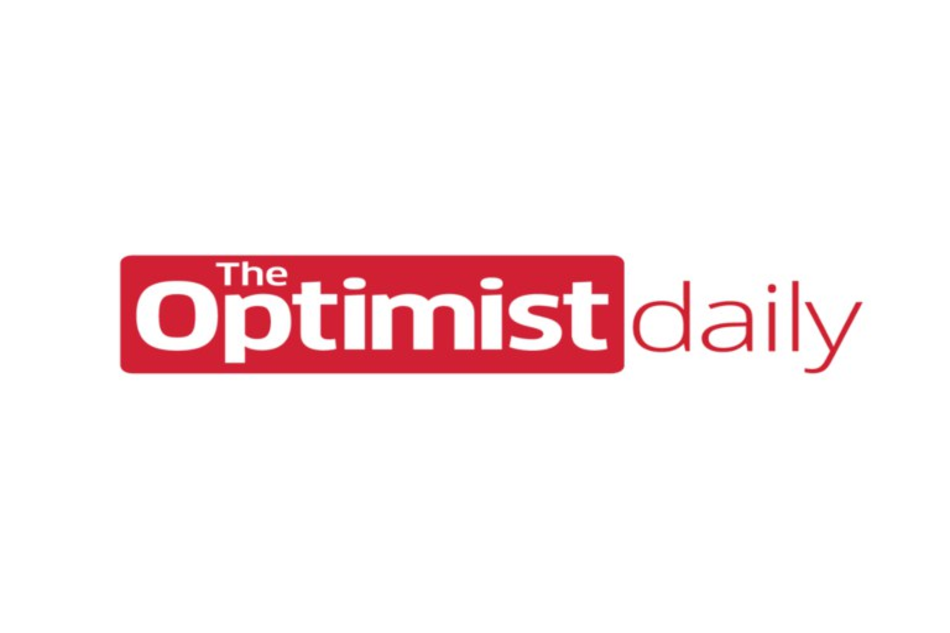Suppose you, like many others these days, are re-evaluating your priorities and looking to make changes in your professional life. This may mean that you are applying for new jobs and if all goes well, will soon be facing an interview for an exciting new job.
At the end of the interview, many candidates will be faced with this prompt: Do you have any questions for me?
Some may feel nervous about asking what they really want to ask, and others may draw a blank when confronted with this question. Either way, if you’re not prepared, you may end up letting the chance to ask good questions pass by.
According to Kelli Mason, chief operating officer of employee transparency platform JobSage, it’s worth seizing the moment. That said, it’s also important to avoid the types of questions that might leave a bad impression for hiring managers.
To help potential hires figure out which questions are the best to ask at the end of an interview, JobSage surveyed 700 full-time employees and 300 hiring managers to narrow down the top three questions.
Great questions to ask
Is there a formal training process?
“When a candidate asks about the formal training process, likely they’re asking because they’re excited about learning and up-skilling and growing in their career,” Mason explains. It’s a subtle way to say you’re open and interested in growth.
Does the company invest in up-skilling employees?
This question is in the same vein as the previous question, but it takes learning and development one step further. “When I see ‘invest,’ it signals that the employee wants to know if the company will pay for continuing education courses or attending a conference,” says Mason. “This shows an interest in external investments that go beyond the company’s own formal training process for professional development.” Again, this can signal to the employer that if they are willing to invest in you, you’ll be willing to grow into new areas.
Are promotions merit-based and fair?
This question shows hiring managers that the candidate cares about being promoted and doing their job well, which shows that they are ambitious, driven, and eager to advance. “Asking about taking on more responsibility tells hiring managers that candidates are interested in growing in general.”
Some questions to avoid
Is anyone in the organization a jerk?
Asking the interviewer for their subjective opinion about current employees and colleagues puts the interviewer in an uncomfortable position. Plus it may signal an overly negative approach to a new office environment. A better turn of phrase for this question would be “what is the working environment like?” Or, “What are the negative parts of working here?”
Does the company have a lot of unnecessary meetings?
This is a legitimate question, especially in the era of endless Zoom meetings. However, this question is also too subjective to ask. “It puts hiring managers in an awkward position where they don’t want to badmouth the company by saying, ‘Yes, we do,’” Mason explains. An alternative question might be, “how are meetings managed?” Or, “What typical meetings will I be expected to attend?”
Is anyone in the organization inappropriately flirtatious?
This is also difficult and awkward for a hiring manager to answer since it deals with someone’s subjective experience. “Flirtatious means different things to different people.”
There’s a better way to get the answers you’re looking for
While concerns about the organization’s culture are legitimate, there are better ways to find out whether the working environment is healthy.
Appropriate questions that are more comfortable for the hiring manager to answer are: “How will the company handle a situation where someone’s inappropriately flirtatious?” Or, “How would a company handle a situation where someone was being a jerk?”
Throughout the interview process, it’s important that you consider what kind of information you’re truly seeking, and phrase your inquiries in a tactful way to leave the best impression on the interviewer, and hopefully snag your next dream job.
This story was part of our Best of 2022 series highlighting our top solutions from the year. Today we’re featuring business-focused solutions.











